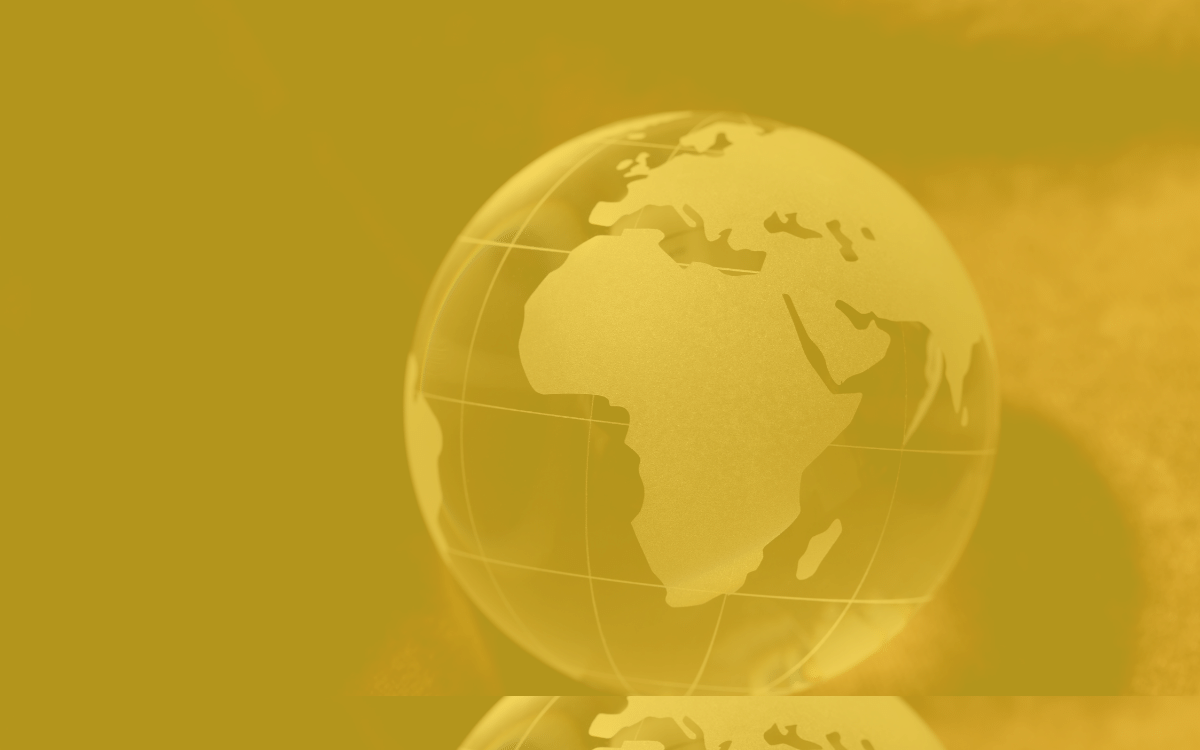Libreville, Gabon – (African Boulevard News) – In a surprising twist to the political landscape of Gabon, the powerful Masonic lodge, known as the Grande Loge du Gabon, has chosen a new leader to replace the deposed president, Ali Bongo. Jacques Denis Tsanga, a prominent figure within the lodge, has been appointed as the new Grand Master.
The decision by the Freemasons to select Tsanga as their new leader marks a significant shift in the country’s political dynamics. Ali Bongo, who was also the head of the lodge, had held power for several years before being toppled in a coup. With his removal from both political and Masonic positions, the fraternity needed to find a replacement who could continue to lead them effectively.
Tsanga is not new to the world of the Freemasons. He has long been associated with the Grande Loge du Gabon and has served in various capacities within the organization. His experience and knowledge make him a suitable candidate to take up the mantle of Grand Master.
Speaking about his new role, Tsanga expressed his gratitude for the trust placed in him by his fellow Freemasons. He emphasized his commitment to upholding the values of the lodge and working towards the betterment of Gabon.
The choice of Tsanga as the new leader has been met with mixed reactions. Supporters of the former president, Ali Bongo, have expressed skepticism, viewing Tsanga’s appointment as a further consolidation of power by the Masonic lodge. They argue that this move could potentially undermine the democratic process and influence the country’s political decisions.
However, proponents of the Freemasons believe that Tsanga’s leadership will bring stability and promote transparency within the organization. They argue that the lodge plays a crucial role in Gabon’s socio-political landscape and should be seen as a force for positive change rather than a manipulative entity.
With the appointment of Tsanga as the new Grand Master, the Grande Loge du Gabon looks set to continue shaping Gabon’s political landscape. The lodge’s influence, though often shrouded in secrecy, cannot be denied. It remains to be seen how the new leadership will navigate the challenges ahead and work towards a more inclusive and prosperous Gabon.
In conclusion, the Freemasons’ selection of Jacques Denis Tsanga as their new leader marks a significant development in Gabon’s political arena. While critics raise concerns about the lodge’s influence, supporters believe that Tsanga’s leadership will bring stability and promote positive change. As Gabon moves forward, the role of the Freemasons in shaping the country’s future will undoubtedly continue to be a topic of interest and debate.

